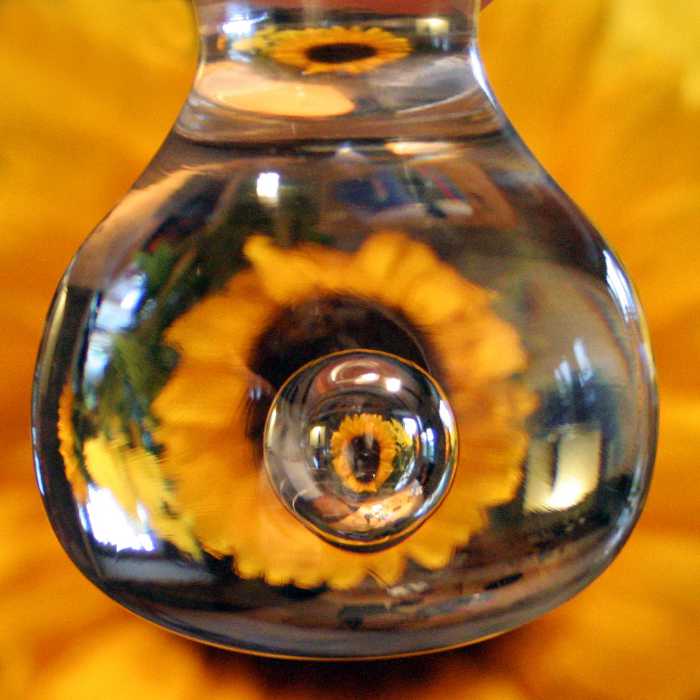FWP:
SETS == MIDPOINTS; STRESS-SHIFTING
PROPORTIONALITY: {6,4}
WINE: {49,1}
This is the final verse of a four-verse verse-set; for discussion see {131,6}. The ya((nii could be thought of as introducing a paraphrase, or a summing-up, of the other verses of the verse-set.
The complexity of this verse depends above all on the lovely word- and meaning-play of paimaanah ; it effortlessly unites the sense of measurement or proportion (as in ;hasb ) with the wine imagery ( gardish / mast / mai ). Here are some of the possible 'stress-shifting' emphases:
=Just as the wine-glass is there, so an appropriate drinker needs to be there.
=The way the wine-glass keeps on circulating no matter what, similarly a drinker is needed who is intoxicated no matter what.
=In proportion to how amply the wine-glass (always) keeps circulating, the drinker too always needs to be (proportionately amply) intoxicated.
And then, the hameshah , positioned as a 'midpoint', could be taken to mean either 'always intoxicated'; or else, adverbially, 'is always needed'.
As for the relationship of the wine-glass of 'qualities' [.sifaat] and the intoxication with 'Being' [;zaat], we're left entirely on our own. Are the qualities aspects of being, and thus legitimately intoxicating in their own right? Are they preludes to being, so that they have to be transcended (the way wine-drinking enables the seeker to reach a level beyond wine-drinking)? Are they something that a person has lots of, or only one of (the way each flower has its own one color in {131,7})? Is the mystic-knower intoxicated with his own qualities alone, or with the spectacle of everybody's qualities, or with something deeper (the way the tree is different from the branches in {131,6})? Is 'Being' an intoxicant like wine, or like prayer? Or are the two the same? (This question is especially relevant in view of the ya((nii and the fact that the immediately preceding verse is {131,8}.)
And finally, by whom or what is such a drinker 'needed'? By God? By the scheme of things? By the poet's esthetic or mystical sense of fitness? This little verse-set, fresh and lovely as a rose, is surrounded by thorny questions carefully contrived to leave scratches in our minds.
This is the only divan verse in which Ghalib speaks explicitly of an ((aarif , a mystical knower (in {66,5}, it appears as a pen-name). Annemarie Schimmel says of Persian poetry,
Thus poetry provides almost unlimited possibilities for creating new relations between worldly and otherworldly images, between religious and profane ideas; the talented poet may reach a perfect interplay of both levels and make even the most profane poem bear a distinct "religious" flavor.... The texture and flavor of the meaning of a word may change at any moment, much as the color of the tiles in a Persian mosque varies in depth according to the hour of the day. One cannot derive a mystical system out of Persian or Turkish poetry or see in it an expression of experiences to be taken at face value....
The phenomenon of mystical love that underlies this development is one of the most fascinating aspects of Sufism: a transcendent and absolute object is made the goal of every thought and feeling, so that love gains absolute primacy in the soul and mind of the lover.... Sometimes such a refined and deepened love would find its object in a human being, in which the fullness of divine beauty and radiant glory seemed to be reflected, and out of this attitude the hybrid Persian mystical-erotic poetry developed. -- Mystical Dimensions of Islam (Chapel Hill: University of North Carolina Press, 1975, pp. 288-289.

Nazm:
[See his comments for the whole verse-set: {131,6}.]
== Nazm page 140; Nazm page 141; Nazm page 142